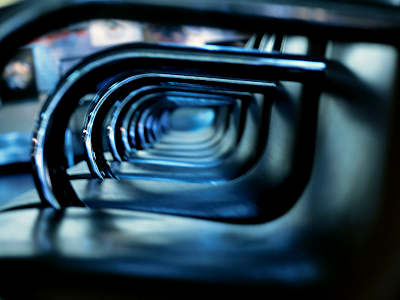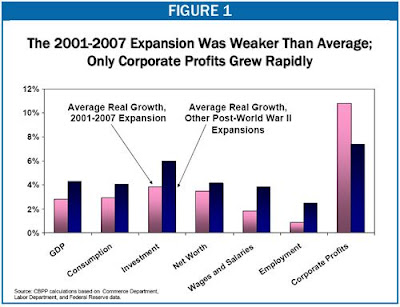
Mitt Romney Thinks Israel's Universal Health Care System Is Great, But Would Condemn 45,000 Americans To Death With Obamacare Repeal
Throughout his presidential campaign, Mitt Romney has been running away from the individual insurance mandate in the Affordable Care Act — even though a mandate is a cornerstone of the former Massachusetts governor’s health care reform law. “If I’m President of the United States, we’re gonna get rid of Obamacare and return, under our constitution, the 10th Amendment, the responsibility and care of health care to the people in the states,” Romney said during a GOP presidential debate.
But during his trip to Israel, Romney inadvertently praised the individual requirement and universal health care. “[F]or an American abroad, you can’t get much closer to the ideals and convictions of my own country than you do in Israel,” he said. And according to The New York Times, Romney spoke favorably about the fact that health care makes up a much smaller amount of Israel’s gross domestic product compared to the United States:
“Do you realize what health care spending is as a percentage of the G.D.P. in Israel? Eight percent,” he said. “You spend eight percent of G.D.P. on health care. You’re a pretty healthy nation. We spend 18 percent of our G.D.P. on health care, 10 percentage points more. That gap, that 10 percent cost, compare that with the size of our military — our military which is 4 percent, 4 percent. Our gap with Israel is 10 points of G.D.P. We have to find ways — not just to provide health care to more people, but to find ways to fund and manage our health care costs.”
Israel spends less on health care because of a universal health system that requires everyone to have insurance. Every Israeli citizen has the obligation to purchase health care services through one of the country’s four HMOs since government officials approved the National Health Insurance Law in 1995. People pay for 40 percent of their HMO’s costs through income-related contributions collected through the tax system, and the state pays the remaining 60 percent. And by many standards, Israelis are getting better health care than U.S. citizens. The infant mortality rate is much lower, and its mortality rate due to heart disease is half the U.S. rate.
Orly Manor, dean of the Hadassah-Hebrew University Braun School of Public Health, said U.S. officials could “learn a lot from the Israeli system. The quality is high, and the outcomes are good.” And it seems that, following his trip to Jerusalem, Romney would agree.
With all of Romney's money one would think he could afford a brain transplant or hire someone smart to think for him. If he succeeds in repealing the ACA (health care reform) he will condemn 45,000 Americans to death. After he hires the smart person he also needs to hire someone who is not morally corrupt to have a conscience for him.
How the U.S. Government Helped Mitt Romney Build His Fortune
Bain produced stellar returns for its investors--yet the bulk of these came from just a small number of its investments. Ten deals produced more than 70% of the dollar gains.
Some of those companies, too, later ran into trouble. Of the 10 businesses on which Bain investors scored their biggest gains, four later landed in bankruptcy court.
Put another way, Mitt Romney's investing was almost risk-free. He won when his portfolio companies won and often when they lost. Thanks in large part to the dangerous incentives unleashed by the U.S. tax code.
Which is why other countries like Denmark, the UK and Germany either don't offer--or are trying to limit--the "public subsidy" that William D. Cohan deemed "the mother's milk of a leveraged buyout". As Felix Salmon noted, the United States could lower the rate at which debt interest can deducted or cap the amount of debt to which it applies. (The Obama administration is considering those kinds of changes in its recently proposed "Framework for Business Tax Reform.") In its January 30, 2012 editorial, the Financial Times lamented:
"The system could be made fairer and more efficient by taxing debt and equity at the same rate...Most of [Romney's] money was made at Bain Capital, which, like all private equity groups, benefits from a federal debt subsidy. It should be eliminated."
U.S. tax payer subsidized every penny that Romney "built".



































